Despite a 57% year-over-year iPhone shipment decline in November, investment bank UBS is still bullish on Apple for the long term.
Covid lockdowns followed by subsequent protests and mass employee walkouts in a Zhengzhou iPhone plant has created an ongoing supply problem for Apple's iPhone lineup. The iPhone 14 Pro and iPhone 14 Pro Max has been hit the hardest, with weeks of shipment delays expected for current orders.
According to a report seen by AppleInsider from UBS, the supply issues in China have impacted iPhone shipments significantly. November iPhone shipments in China declined 57% year-over-year.
That's compared to the entire Chinese smartphone market decreasing 36% year-over-year due to supply chain disruptions. This translates to Apple having an 11% share in Chinese smartphone shipments in November 2022 versus a 25% share in shipments in October 2022, which is still above the long-term 10% trend line.
China local brands are estimated to account for 89% of shipments in November, up from 75% in October. However, in a year to date basis, local shipments declined 25% year-over-year compared to a 13% decline in iPhone shipments for the same period — highlighting Apple's market share gains in 2022.
On a quarter-to-date basis, UBS estimates iPhone shipments in China are down 41% year-over-year at approximately 6 million units. December quarter EPS estimates are increasingly de-risked from a sentiment perspective as a result.
There is limited upside to consensus March EPS estimates of $1.48, and UBS expects Apple management to adopt a cautious tone on the earnings call.
UBS still holds a $180 price target as a reflection of their core valuation and optionality.
 Wesley Hilliard
Wesley Hilliard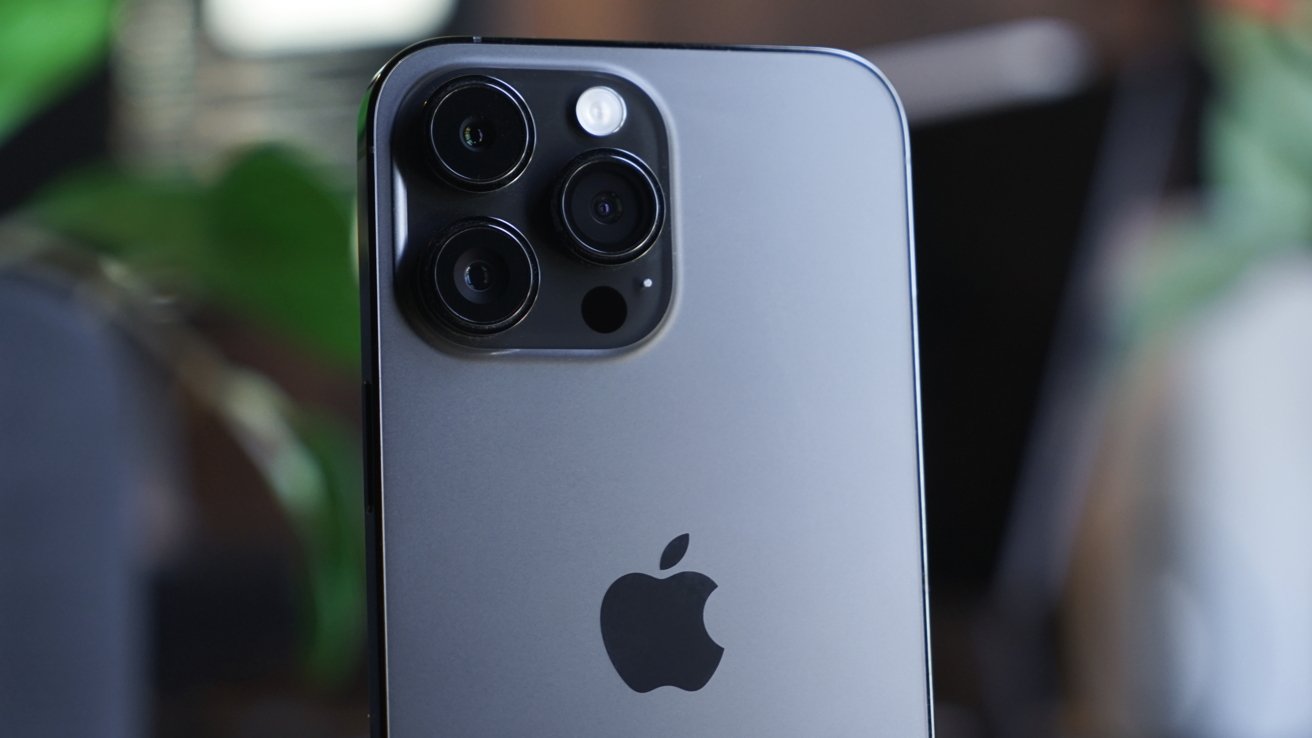
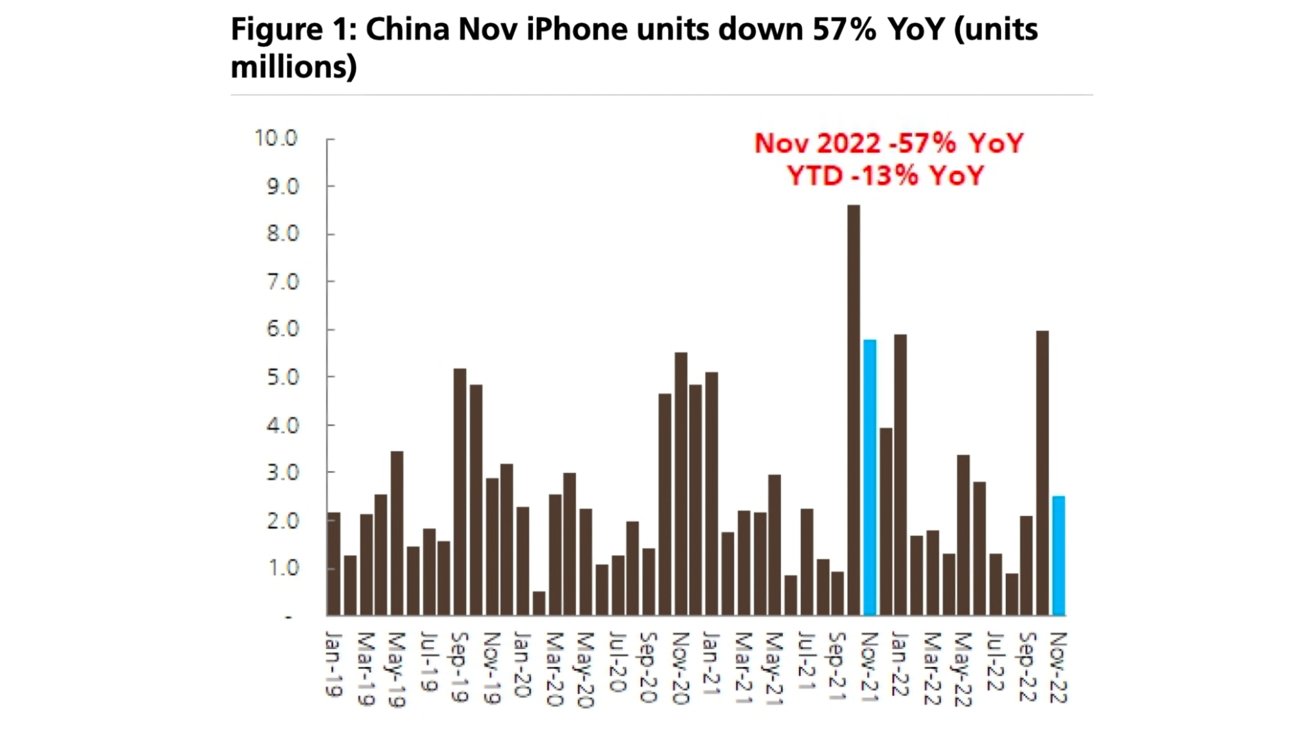

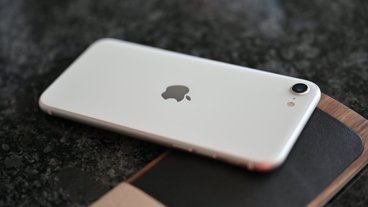
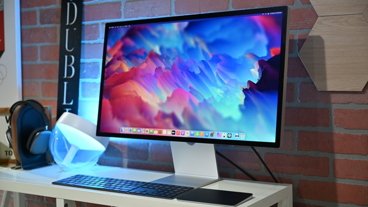
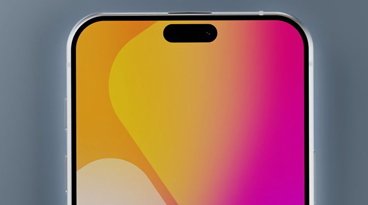

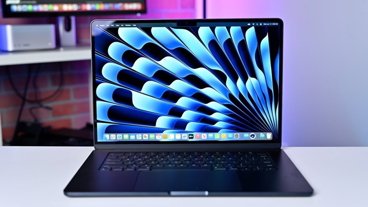


 Chip Loder
Chip Loder
 Malcolm Owen
Malcolm Owen

 Marko Zivkovic
Marko Zivkovic
 Christine McKee
Christine McKee


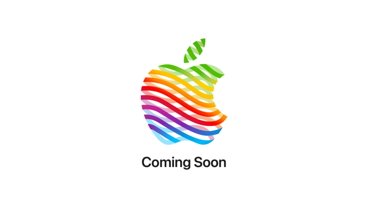


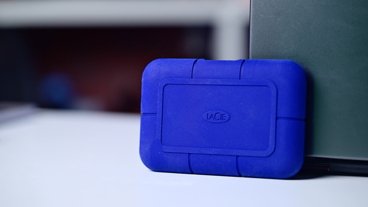

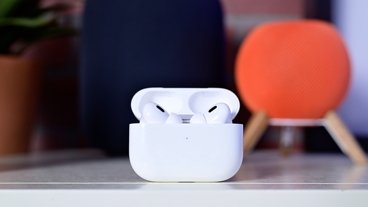




1 Comment